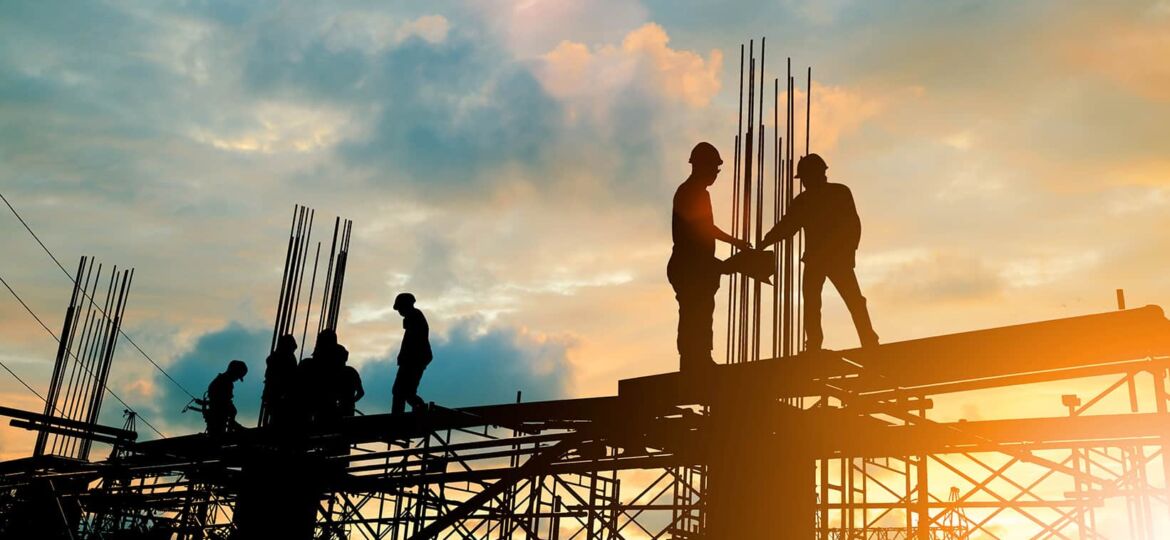
When it comes to the world of construction, there are two major players: residential and commercial. While both aim to create functional and safe structures, they differ significantly in scale, regulations, zoning considerations, and project timelines. At Hill Commercial Construction in Centennial, CO, we’ll dive into the nuances that set residential and commercial construction apart.
Distinction Between Residential And Commercial Construction
Residential construction is centered around creating living spaces, such as homes, apartments, and condominiums. These projects are often smaller in scale and typically cater to individual homeowners or families. Residential construction focuses on aesthetics, comfort, and personal preferences.
On the other hand, commercial construction is all about building spaces for businesses and organizations. This includes offices, retail stores, restaurants, warehouses, and more. Commercial projects tend to be more complex, often requiring specialized features like HVAC systems, fire safety measures, and ADA compliance.
Are There Different Building Codes And Regulations For Residential And Commercial Projects?
Absolutely, and this is a crucial distinction. Residential and commercial construction projects adhere to different building codes and regulations. Residential codes are designed with the safety and comfort of homeowners in mind. Commercial codes, on the other hand, prioritize the safety of a larger number of occupants and address more complex systems and infrastructure.
Understanding and complying with the appropriate building codes is paramount in both sectors. Failing to do so can lead to costly delays and legal issues.
Key Considerations When It Comes To Zoning For Residential And Commercial Construction?
Zoning plays a pivotal role in construction projects. For residential construction, zoning focuses on factors like property size, building height, and setbacks. Residential zones are often located in areas suitable for housing, with access to schools, parks, and essential amenities.
In contrast, commercial construction zoning encompasses a broader spectrum. It considers factors like land use, traffic flow, and environmental impact. Commercial projects must align with the intended business purpose and meet the surrounding community’s needs.
What Are The Typical Timelines And Project Durations For Residential Vs. Commercial Construction Projects?
Residential construction projects tend to have shorter timelines compared to their commercial counterparts. A typical residential build can take several months, depending on the size and complexity of the structure. In contrast, commercial projects often span a year or more, especially for larger corporate facilities or ground-up constructions.
Commercial construction timelines are influenced by various factors, including design complexities, permitting processes, and the need for specialized systems and technologies.
Choose Hill Commercial Construction for Your Next Project
While residential and commercial construction shares the common goal of creating functional structures, they differ significantly in scale, regulations, zoning considerations, and project timelines. Whether planning to build a new home or a commercial space, understanding these distinctions is crucial for a successful construction project. Contact Hill Commercial Construction today in Centennial, Colorado, for more information.




